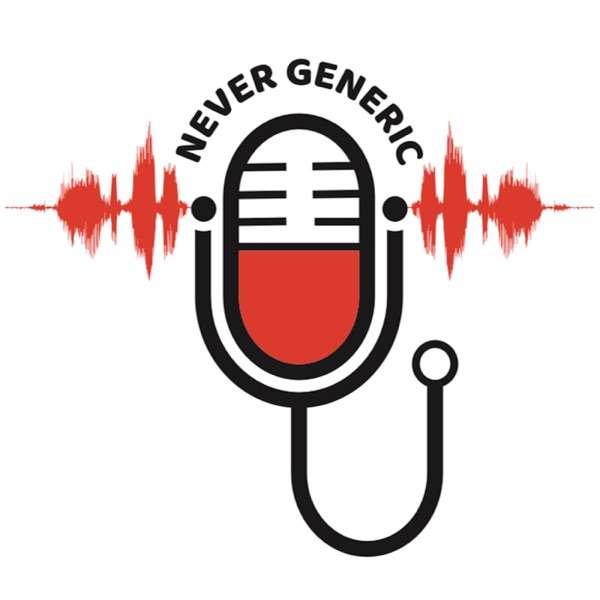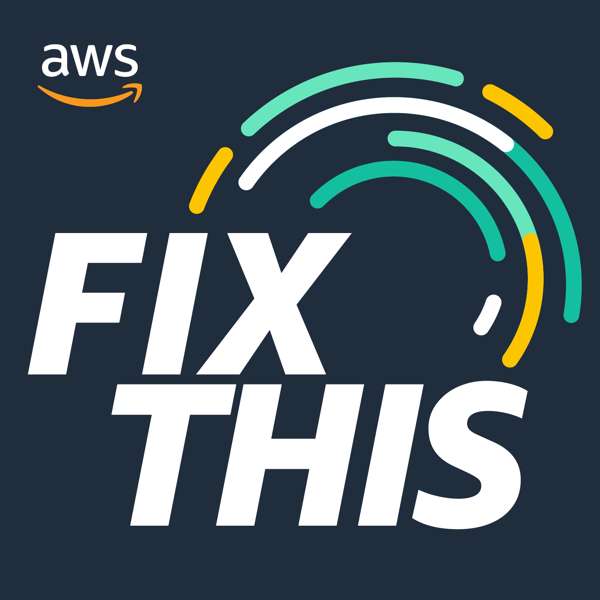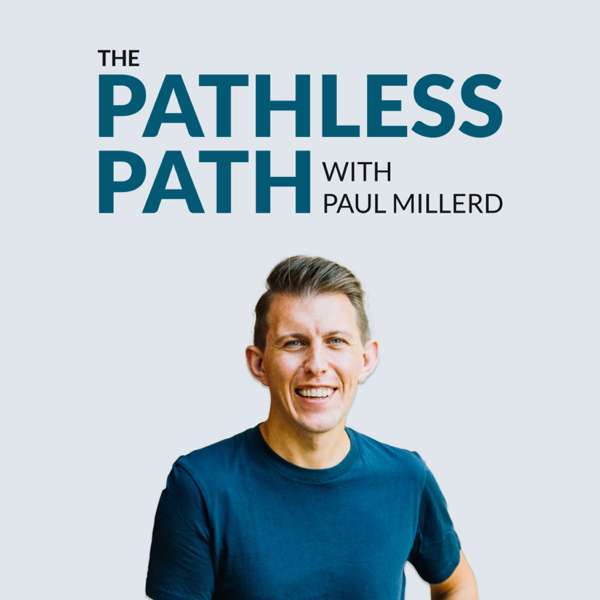KW was a 58-year-old man with long standing type 1 diabetes mellitus and hypertension. He came to an appointment one Friday afternoon with chest pain. The pain had been present intermittently for 10 days. It was on the left side of his chest and beneath his sternum. It did not radiate anywhere, it was not related to exertion, nor was it associated with diaphoresis or shortness of breath. It was also not positional and there were no areas of tenderness.
Sensible Medicine is a reader-supported publication. If you appreciate our work, consider becoming a free or paid subscriber.
When I was a kid, we often played “Would You Rather?” to pass the time during a car or bus ride. This game had remarkable staying power. When we first started playing, at about age ten, the questions were mostly things like:
Would you rather eat a cicada or a cricket?
As we aged, the questions progressed through the usual male adolescent fare to more profound philosophical quandaries:
If you managed the Mets, would you rather pitch Seaver or Koosman?
Would you rather have a Ferrari or a Porsche?
Would you rather date Lauren or Lizzie?
Would you rather visit the past or the future?
From a professional standpoint, there is no question that my answer to the final question would be, “the past.” There are a dozen or so patients that I want a second chance at. I wonder if, knowing what I know now, would I manage things differently?[1] Would the outcomes be different? Would some of the people still be here?
I should not have admitted him.
For my entire career I have had a clinic scheduled on Friday afternoon. My reasoning is two-fold. First, I know that if I didn’t have patients scheduled Friday afternoon, I’d probably kick off early. Having a full schedule on Fridays assures that I stick it out to the bitter end, thus making me more productive each week. Second, most people opt not to see patients Friday afternoon so I tend to get more support as one of the few doctors working.
The downside of this is that I am seeing patients when my management options are somewhat limited. Patients present with troublesome symptoms that they “just want checked out before the weekend” and I’m left either worrying about them all weekend or admitting them to the hospital where I know little will happen for the next two days.
There was a lot about KW’s chest pain that was not concerning for symptomatic coronary artery disease. It was not exertional. The episodes sometimes lasted minutes and sometimes hours. It was not accompanied by shortness of breath, diaphoresis, or a feeling of impending doom. He also had had a normal stress test a couple of years before.
On the other hand, KW was a middle-aged American man with chest pain and significant risk factors for coronary artery disease – hypertension and diabetes – neither of which had ever been terribly well-controlled.
I made the decision that I felt was safest for him and the one that would let me sleep best all weekend; I admitted him to the hospital. I called the admitting resident; I let her know that I was (a little) worried that he had unstable angina and that I was admitting him so that he could be observed until he could get an assessment of his coronary arteries.
The resident (not incorrectly) decided that if he might have unstable angina, he should be started on a blood thinner – heparin.
In the end, KW did not have unstable angina, a coronary angiogram done weeks later was normal. Why did it take weeks to complete the angiogram? Because after being started on heparin, he had an intracranial hemorrhage – a bleed in his brain.
I should have admitted her.
PH is a woman I have written about in the past. She presented to me early in my career having lost about a third of her body weight to an undiagnosed, metastatic cancer. She did not require hospitalization. She was well hydrated and her vital signs were normal. She had walked into the office that first day and would need only a wheelchair to come and go to her last visit 6 months later. She did not require hospitalization for evaluation or treatment. There would be little we could offer her beyond the palliative care that I could direct at her home.
I managed her evaluation and her care while she remained an outpatient. By the time she died, this management had included intravenous fluids, pain medications, antiemetics, and seizure medications. My memory was that what drove my effort to keep her out of the hospital was more my philosophy than her and her family’s wishes. At the time, I believed that unnecessary hospitalizations were an anathema. They wasted money, put patients at risk, and were the refuge of lazy or unskilled physicians. I do remember that PH wanted to avoid aggressive care, but I cannot remember her explicitly resisting hospitalization. I do remember her brother once asking, “Shouldn’t she be in the hospital?”
From my current vantage point, my efforts to keep her out of the hospital seem, at best, ill-advised. It seems my management decisions were more about me and less about her. It is hard to imagine that the experience, for PF’s family if not for her, would have been less stressful had I brought her into the hospital a few times during her final months.
Did I miss something simple?
JJ was the rare patient who I saw for decades whose health was at its worst when I first met her. She presented to my clinic in a heart failure exacerbation. I wheeled her to the emergency department where she was promptly intubated. Over the next 20 years her heart failure became asymptomatic; her asthma – which I am pretty sure was misdiagnosed heart failure – disappeared; and I weaned her off all her drugs for diabetes. She and her family marked the date of our first visit as a second birthday and saw every year after this date as an unexpected gift.
In her mid-70s, at a routine appointment, she mentioned an episode of vomiting followed by transient loss of consciousness. The episode barely troubled her and a brief evaluation at the visit was unrevealing. Three months later she died unexpectedly after a similar episode. The differential diagnosis of what I might have missed is extensive. I wonder if I could have made a diagnosis, the treatment of which might have saved her life.
Did I miss something complicated?
SV was a patient who kept me up at night for the better part of 18 months. She was in her late 70’s and she was dying. There was fatigue, weight loss, nausea, declining kidney function, and a few strokes. My work up was extensive including imaging, blood tests, and biopsies. I consulted a cardiologist, a neurologist, a nephrologist, and a rheumatologist. We treated many disparate issues but never discovered the unifying diagnosis that eventually took her life. Knowing what I know now, and having the diagnostic tools that now exist, could I have saved her?
Could I have convinced her to get treated?
TP was 80 years old when I diagnosed her with breast cancer. Long before we met, she had decided that she would never have a second mammogram. I did not set out to find a tumor. I discovered a breast mass when she came to see me with shingles.
You might be thinking, how can you be sad that you did not convince an 80 year old with cancer to be treated. Especially when this woman did not want to be treated? Well, first, 80 years old is not the same for every person. Everyone who met TP assumed she was at least 15 years younger than she was. Because she had no intention of getting treatment, she declined biopsy or evaluation of her cancer. I knew nothing about the biology of the cancer or the extent of the disease when I discovered it.
Over the next 5 years, this vibrant woman declined in the most unpleasant and traumatic ways. I have to think that treatment could have made her life better if not longer. I wonder if I am now better equipped to counsel her.
Could I have convinced him not to get treated?
KS was a man in his early 80s. He had COPD and depended on home oxygen. His symptoms were pretty well controlled on a regimen of inhalers. He continued to smoke, saying – with a wink – that it was his only pleasure left in life. He was adamant about not wanting screening tests or any medications not necessary to relieve symptoms. During my one attempt at discussing end of life planning, he told me he just wanted to make sure he “went fast and without pain.” I documented those words in my progress note that day.
Then, everything changed.
KS came to the office after starting to notice streaks of blood in his sputum during his morning coughing spells. A chest x-ray that day revealed a left upper lobe mass. I told him that this was almost certainly lung cancer, and offered him two paths forward. The one I expected him to take was to assume the diagnosis was lung cancer, forgo further workup and therapy, and treat symptoms as they arose. The option I expected him to decline was further evaluation with a CT scan, biopsy of the most accessible lesion, and a visit to a surgeon and/or an oncologist. His decision surprised me.
He was soon diagnosed with small cell lung cancer with regional spread. After meeting with an oncologist he opted for chemotherapy. His reasoning was, “I feel pretty good now, and if I’m going to be dead in six months with or without treatment, I’m hoping treatment will give me a better six months.” I reminded him of what he had said in the past about how he imagined the end of his life playing out, but he would not really engage in this conversation.
The next 9 months were marked by 9 hospitalizations. KS died during the final one when his inpatient team failed to resuscitate him after a cardiac arrest. He had declined hospice care until the end and would not even accept “do not resuscitate” status.
I never could figure out what was behind his change of heart. I wonder, if I had a second chance, if I could get him to discuss his decision making and, maybe, figure out a way to achieve a more humane end.
[1] Just because every time I read this sentence the lyrics to two songs come to mind I have to reference them here. (This is the beauty of writing for substack rather than a journal where no editor would ever let this through). Can you guess the songs?
First, Bob Dylan:
“I was so much older then, I’m younger than that now.”
Second, The Faces:
I wish that I knew what I know nowWhen I was youngerI wish that I knew what I know nowWhen I was stronger.
This is a public episode. If you'd like to discuss this with other subscribers or get access to bonus episodes, visit
www.sensible-med.com/subscribe
 Our TOPPODCAST Picks
Our TOPPODCAST Picks  Stay Connected
Stay Connected







